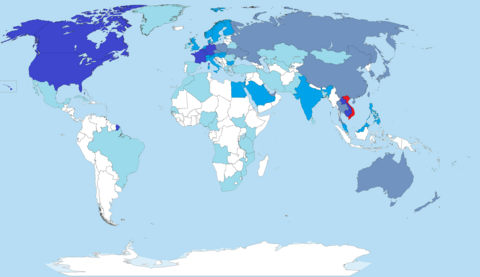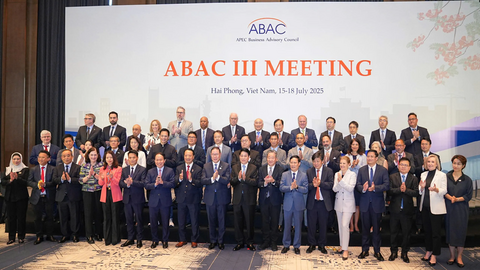How Vietnam is seeking to mobilize its diaspora for economic and technological development

Since the 1990s, Vietnam has sought to mobilize its diaspora, estimated at 6 million people, to support its economic and technological development. The Vietnamese diaspora already constitutes a significant source of funding, particularly through remittances, which accounted for 50% of GDP in 2023. However, the Vietnamese authorities aim to increase the involvement of their highly qualified nationals abroad in strategic technological sectors such as artificial intelligence, semiconductors, and biotechnology. Since 2004, policies have been implemented to encourage the return of highly skilled Vietnamese individuals, including the creation of expert associations, facilitation of administrative procedures, and tax incentives. In 2014, a decree introduced specific measures to attract scientists and experts, with benefits related to visas, taxation, and access to research infrastructure. Vietnam draws some inspiration from China's practices, aiming to establish an innovation network connecting overseas Vietnamese and structure this community through organizations like the Vietnam Innovation Network and the Association of Vietnamese Scientists and Experts. However, the results remain modest, with around 300 returns per year, and challenges in implementing policies, a lack of awareness of incentives, and inadequate working conditions hinder the attractiveness of these initiatives. Despite this, these efforts are now seen as crucial for the upgrading of Vietnam's economy, reinforcing the role of overseas Vietnamese in technology transfer and innovation. Vietnam plans to double the number of expert returns by 2024, and local strategies are also being put in place to attract these talents. Although the mobilization policy is still in development, it is receiving renewed attention and could play a key role in the country’s technological transformation.


